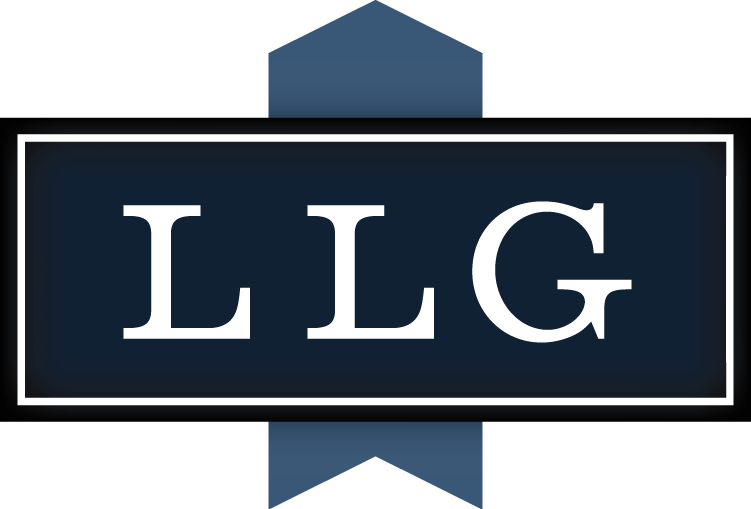My Business Just Got a Ticket. What Do I Do Now?
©info @https://flic.kr/p/8mvTkQ
Tickets.
Summons.
Complaints.
ANOVs (Administrative Notice of Violation).
When the City, State, or County wants a word with you about your business, this is how they let you know. It's no fun. Getting one of these in the mail can cause confusion and dread. What does it all mean? What should you do about it?
I worked for the City for many years prosecuting businesses at City Hall. This is a quick tutorial on what these notices are all about. This post will focus on City of Chicago prosecutions, but if your business is contacted by Cook County (usually for tobacco violations), the rules are very similar.
Whether it is called a ticket, summons, complaint, or ANOV, all of these notices are legally very similar: they all indicate the beginning of a court case against your business. That type of case is normally called an "administrative hearing." All of these types of notices will tell you:
- who is being summoned to court.
- what the alleged violations are.
- when you are supposed to appear on behalf of the business.
- where you are supposed to go.
Who is Being Summoned to Court?
Usually, it is your corporation or LLC (limited liability company) that the City notifies. The case is against your corporation or LLC because that is the entity that actually owns the license. If you are a sole proprietor, the City will summon you in your name because that is who actually owns the license.
What is important to know is that if your business is owned by a corporation or LLC, state law requires that an attorney represent that business in court. Having an attorney actually has some advantages, though. Tending to these hearings can take up a lot of time from your day when you would probably need to be working at your business. And, obviously, if you are not familiar with administrative hearings it may be difficult to navigate the whole process without some professional help.
What are the Alleged Violations?
Next, the notice will let you know what the allegations are. This is a list of violations that the City believes are related to your operation of your business. Sometimes a Chicago police officer sees something at your business and cites you. Sometimes it's a special investigator who notices something during an inspection or operation. Sometimes a City department like the Department of Business Affairs and Consumer Protection (who I used to prosecute for) that discovers an irregularity in your file (such as a failure to pay required fees or a failure to notify the Department of a change of corporate officers).
At this point, it's all just allegations. Nothing has been proven. That's why the City initiates a court case in the first place: it needs to present evidence to a court that something illegal has happened. Just because there are allegations doesn't mean that you or someone at your business is in the wrong. It is just what the City wants to prove.
When and Where Am I Supposed to Go?
The notice should let you know when and where you are supposed to go to respond to the charges. If you need to hire an attorney, it is suggested that you reach out as early as possible because you don't want to have to scramble at the last minute if your first choice for an attorney can't make it to your hearing.
DON'T BLOW IT OFF! If nobody shows up to court, the judge may enter a judgment in your absence. More likely than not, he or she will impose the maximum penalty. Unraveling that judgment can be tough (if it can be undone in the first place). Judgments like these don't just go away either: they go on your business's account with the City and any payment due can hold up renewals. At worst, a failure to pay fines can be a basis to revoke your license.
BONUS TIP: What's the Difference Between one Court and Another?
This might be the most important part of this whole blog post. It may mean the difference between keeping your license and losing it.
Most licensed businesses are summoned to 400 W. Superior. That court room handles hundreds of tickets, or ANOVs, every day. Not only are business license cases handled there, but traffic and parking tickets are litigated there as well.
When it comes to business licenses, the most that any judge at 400 W. Superior can do is subject your business to a fine.
BUT if you are summoned to City Hall room 805, the stakes are much higher. At City Hall, the Department of Business Affairs and Consumer Protection has the ability to fine, suspend, or even revoke your license.
What happens many times is that a case may originate at 400 W. Superior. Then, before the first hearing date, the Department of Business Affairs may elect to forgo that case. This does not necessarily mean that the case is gone forever. It may mean that the City would rather reset your case at City Hall room 805 where it may try to suspend or revoke the license.
Does this mean that a case at 400 W. Superior is no big deal? NO. It's a huge deal. Not only will any fines follow you and your business until they are paid, but any judgments at 400 W. Superior can be used to evaluate whether your business goes to City Hall the next time. What's more, any 400 W. Superior decisions against your business can be used to justify harsher penalties at City Hall hearings.
Do you need some help in court?
That's what we're here for.
Give me a call today!
Daniel Rubinow
(773)-809-5409
daniel@LicenseLawGroup.com

